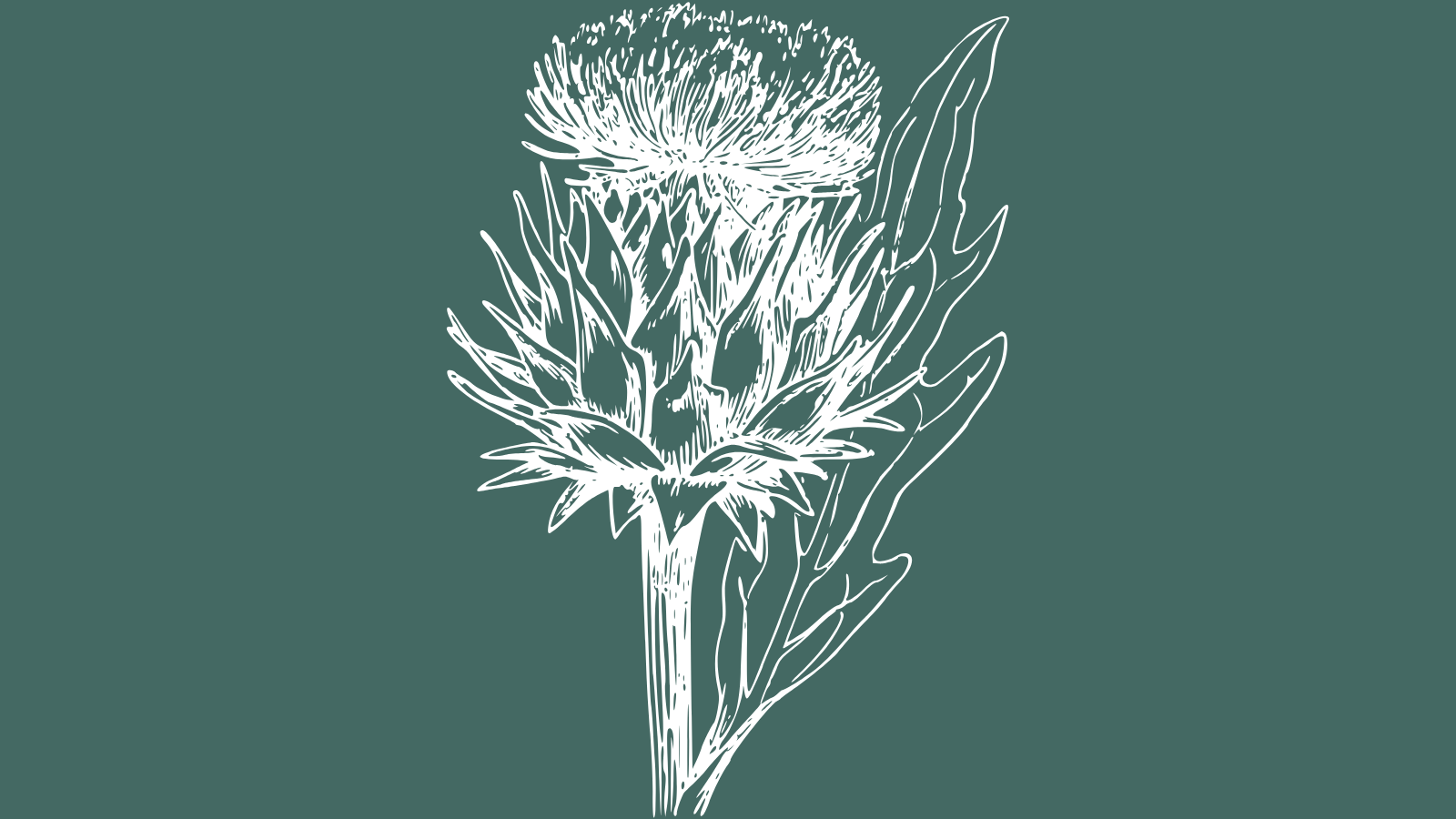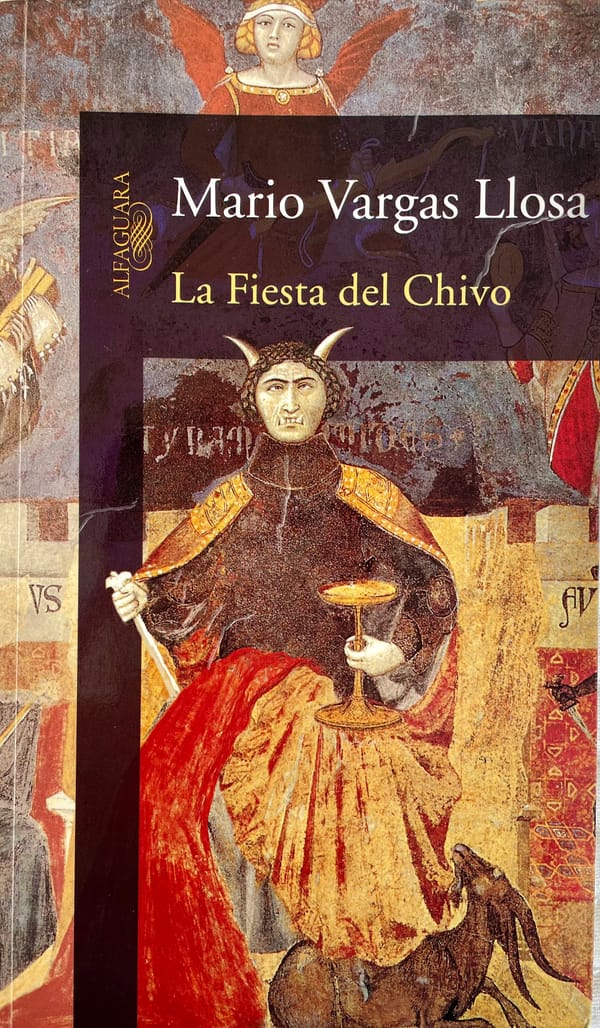Noura Erakat

When I was young, I must have been eleven, twelve years old, I remember my teachers asked me to make a speech about someone I admired. At the time my childhood self admired above everyone else two men: one was Steve Irwin, the crocodile hunter; the other, which I ultimately chose for the assignment, was J.R.R. Tolkien.
Such were the people I admired when I was a child. As one grows older, one comes to understand the world is not adventure or magic. One doubts there is an inherent goodness in human nature, and reckons with the extent of cruelty and suffering of the world. This loss of innocence represents our final threshold towards becoming an adult. It is the moment we stop growing up, and commence to age. How we respond to this fundamental truth ultimately shapes our lives, for this is the beating heart of all philosophies and religions throughout history. At my thirty one years of age, if someone asked me for the same assignment, I would say one name without hesitation, and that is Noura Erakat.
For the past year I’ve been closely following this human rights lawyer and activist on social media. Every single day or multiple times a day, she shares the most harrowing accounts and images of the atrocities Israel is committing with absolute impunity in Palestine. I can scarcely stomach even a small fraction of these images before breaking down in tears, so I cannot even conceive how this person—and so many other Palestinian activists like her—incessantly defies mainstream media’s erasure (or perhaps I should write justification) of the atrocities. Indefatigably she records, details, and retells the magnitude of what has happened in Palestine. What is at stake is nothing less than a historical narrative, and her work ensures Palestine is not erased or forgotten in the “official history” that makes the bleak foundation of all empires. Erakat performs this labor truly against all odds.
Despite what she’s seen and what she knows, she still believes international law is the best way towards the liberation of Palestine. International law, currently a fossilized instrument of power, can be transformed through the sheer will and determination of activism, rhetoric, and protest into an actual tool of justice. While the purpose of mainstream media is to narrow the imagination and limit the scope of what is possible, Erakat's work challenges the constraints of public discourse as dictated by corporations, and widens the horizons of political thought. That is why reading and listening to her is so exciting, even in the current darkness.
Her convictions are so strong, I’ve never seen her break her poise in public once, despite the sheer hostility of the West towards Palestinians and the complicity of the US war machine in the crimes occurring in the Gaza Strip. This strength of rhetoric, strength of character—this lights the way beyond Palestine and into the long dark that awaits us all in the twenty-first century.
Martin Luther King Jr. said during a speech at the bus protests in Montgomery that the protesters fought against Injustice, not against people who themselves were unjust. This describes Erakat's work. Her labor is universal and ennobles the human spirit as a whole.




